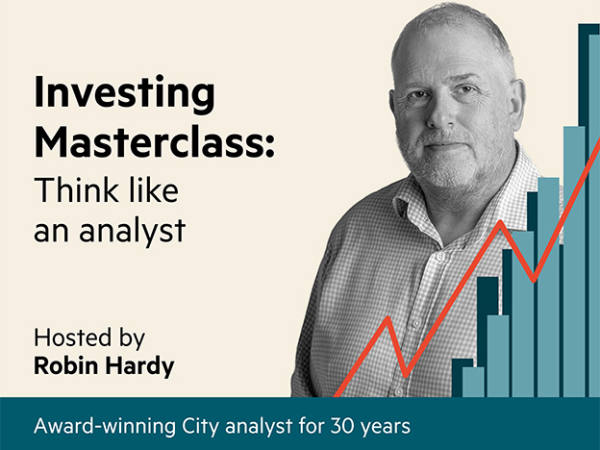The publication of the week is undoubtedly the second Turner Report on pensions, but I will be giving myself until the new year to absorb its 700 pages. Instead, I am looking at three other publications to complete my Christmas book review. The best goes first: Next To Me is by David Jones, the chief executive who rescued the Next retail chain from disaster, making a fabulous amount of money for many investors - the shares, currently 1,450p, once stood at 7p.
I recall standing on the tube one afternoon in December 1988 and reading over his shoulder a fellow traveller's Evening Standard with the headline, "Mr Next sensationally fired". "Sensationally" barely expressed it - a parallel would be Richard Branson getting the sack. Mr Next was George Davies, who had transformed a tired gents' outfitter into the hottest retailer in the country. How he then set it up to be a penny stock is a story that has been told many times about many chief executives who think that having had one brilliant idea, they can have no other kind. But as an ever-present theme of business and investment, it can never be told too often. It is well told here, and that's just the first 60 pages.
Mr Davies, of course, recovered big-time, and went on to create the George brand for Asda and Per Una for Marks and Spencer, in which his interest was recently bought out for £125m. But another flawed genius looms larger in the book than Mr Davies: Leonard Wolfson, who inherited the leadership of the GUS empire aged 35, and presided over four decades of wealth creation at least on a par with Mr Jones' achievement. Yet he was a tyrant and, often, in Mr Jones' rendition, a stupid tyrant. One of many similar incidents recounted involved a board discussion about a new computer system. Eleven directors supported choice 'A'. The 12th, Mr Wolfson - who controlled GUS via a voting/non-voting share structure - simply said: "I have 12 casting votes. It's choice 'B'".
Apart from saying that Mr Wolfson recognised the primacy of cash flow over profit, and that he demonstrated that it is better to make a decision than to procrastinate (since wrong decisions can be amended - eventually, choice A prevailed), Mr Jones doesn't reconcile Mr Wolfson's flaws with his success.
However, unlike most business biographies, this is not a tub-thumping 'How I Did It' book. Mr Jones is simply not a 'How I Did It' sort of guy. Although, following its brush with bankruptcy, Next and its shares have gone on to far greater heights than it achieved in the 1980s, only 25 of 300 pages deal with that period. The rest is a riveting account of how a directionless school leaver joined a GUS outpost as a temporary clerk in 1961, and worked his way up via hard work, the belief that every problem has a solution and that if you're nice to people, it helps. And that if you were diagnosed with Parkinson's Disease in 1982, that need not stand in your way. He throws in a good chapter on corporate governance, his view on the future of retailing, dozens of entertaining anecdotes, and revealing glimpses of many City and retail heavyweights. I read this book in six hours flat.
For a heavyweight analysis of the other end of the leadership spectrum, I recommend The Allure Of Toxic Leaders by Professor Jean Lipman-Blumen. Although laden with academic references that will be lost on the general reader, it draws on plain-speaking reports of dozens of companies that have lost their way in recent decades, to describe convincingly why we "knowingly tolerate, seldom unseat, frequently prefer, and sometimes even create [by toxifying the non-toxic] toxic leaders". If you're worried about your chief executive, try leaving a few copies of this book around the office, as it also suggests strategies to deal with the condition it describes.
Few of the three or four dozen 'How to Succeed in Investment' books which arrive on my desk every year get more than five minutes attention. But one that did was Taming The Lion by Richard Farleigh, who despite retiring from running a "powerful and secretive hedge fund" to Monaco at the age of 34, does not pass himself off as an investment genius. His book describes 100 investing rules, embracing every kind of investing situation from trading currencies (including "Don't day-trade anything") to investing in start-ups (an extremely thoughtful chapter). And it should equip you to avoid sapphires and anything else you know nothing about.
Alistair Blair, a past winner of the Business Writer of the Year Award, has worked in investment banking and fund management. He edits the growth shares newsletter, Small Cap Shares (www.smallcapshares.co.uk). E-mail: a7461blair@pobox.com www.investorschronicle.co.uk/nofreelunch






